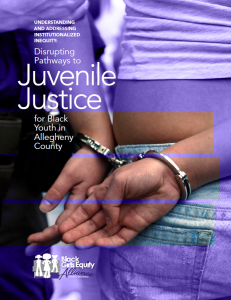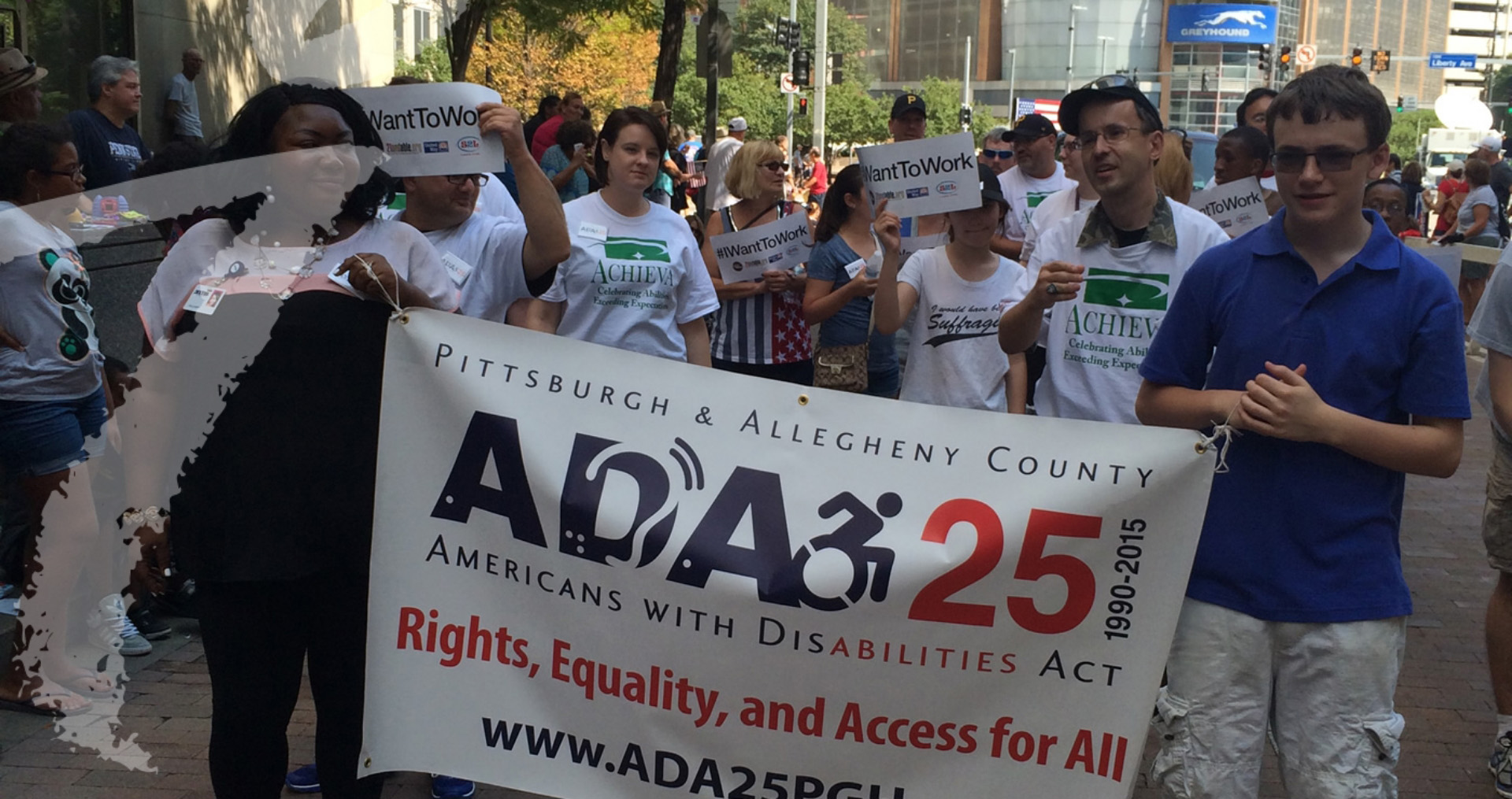 FISA Foundation invests in advancing equity for Black girls and students with disabilities. Our grantee and partner, Gwen’s Girls, and the Black Girls Equity Alliance released a new report: Disrupting the Pathways to Juvenile Justice report. Local data presents a stark picture of the ways Black youth and students of color with disabilities are disproportionately arrested and cited at school, often for minor offenses.
FISA Foundation invests in advancing equity for Black girls and students with disabilities. Our grantee and partner, Gwen’s Girls, and the Black Girls Equity Alliance released a new report: Disrupting the Pathways to Juvenile Justice report. Local data presents a stark picture of the ways Black youth and students of color with disabilities are disproportionately arrested and cited at school, often for minor offenses.
“Pittsburgh’s schools have a problem with pushing Black children and children with disabilities out of school and into the juvenile justice system,” commented Kristy Trautmann, executive director, FISA Foundation.
For the last four years the Black Girls Equity Alliance has engaged with Allegheny County, Juvenile Probation Office (JPO), Allegheny County Department of Human Services (DHS) and the Pittsburgh Bureau of Police, analyzing local data and identifying practices that contribute to the school-to-prison pipeline.
“This report specifically opens up an educational dialogue about system response to African American youth and Minority groups. I would ask that each partner takes this report back to their agency and have “real conversations.” Then we can help each other come together with solutions,” Kimberly Booth, Assistant Chief Juvenile Probation Officer, Allegheny County.
“This report makes it clear: Pittsburgh’s schools, like its other institutions, are racially biased against Black students,” said Kathi Elliott, CEO of Gwen’s Girls and convener of the Black Girls Equity Alliance. “The over-policing of students doesn’t make our schools any safer – many of the arrests, referrals or citations are for minor incidents considered disorderly conduct, such as being loud and disruptive, swearing, or making obscene gestures. Black students engaging in typical teenage behavior are treated as criminals and that record follows them for years. It’s
time to focus on solutions. We are looking forward to collaborating with the many system leaders to implement policies and practices that support our students and not criminalize them.”
Highlights:
- Pittsburgh Public Schools police are the largest juvenile justice referral source for Black girls in Allegheny County.
- The majority of arrests made by Pittsburgh Public Schools police are for minor offenses that are not safety related. In 2019, 54% of PPS police’s arrests of Black girls and 42% of Black boys ultimately resulted in a criminal charge of disorderly conduct, a highly discretionary charge that is frequently affected by racial biases.
- Students with disabilities constitute a large proportion of Pittsburgh Public Schools students referred to juvenile justice by the Pittsburgh Public Schools police. Specifically, of the 57% of PPS juvenile justice referrals for which data are available, 45% of Black boys and 26% of Black girls referred to juvenile justice by the PPS police during the academic years 2017-2018 and 2018-2019 had an Individualized Education Plan (IEP).
- Black youth are ten times more likely than White youth to be referred to juvenile court for failure to pay fines.
The report concludes with recommendations for schools, law enforcement, judges, policy makers, funders, and service providers.
Disrupting the Pathways to Juvenile Justice report
The Black Girls Equity Alliance will host a Town Hall Meeting featuring school leaders, police, juvenile probation, judges and advocates to discuss how to act on the findings of the report and its recommendations on Thursday, September 17, from 3 to 5 p.m. Register in advance via Zoom: https://gwensgirls-org.zoom.us/webinar/register/WN_ml9xolM4SseF1gDHigIVsw

